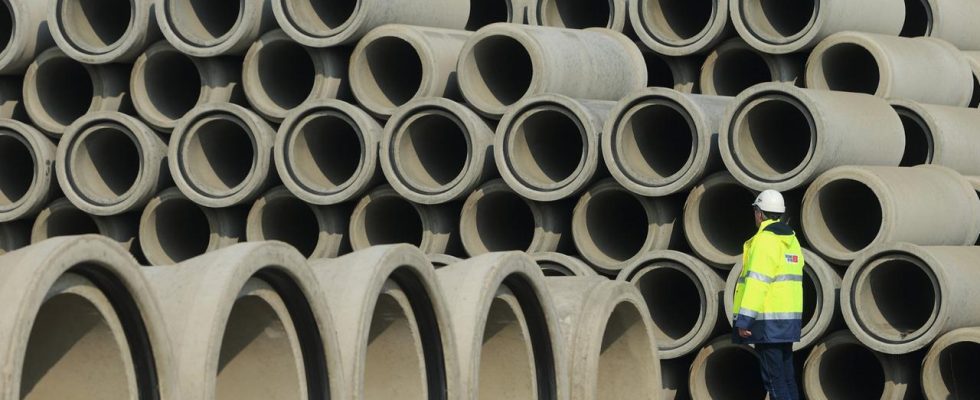The “Growth Opportunities Act” is now available in a light version – but it still has little chance of being implemented. What is planned, why is it so complicated – and what does agricultural diesel have to do with it?
the initial situation
It’s complicated. It starts with the name: “Growth Opportunities Act”. Behind this lies a relief package for the weakening economy. At its cabinet meeting in Meseberg six months ago, the traffic light presented the package, and the Bundestag approved it in November. But in the Federal Council, states stopped the whole thing because they demanded changes. Above all, they criticized the feared tax losses for the municipalities. The plans are now in the mediation committee.
The whole thing is further complicated by the fact that the Union is making its approval of the law dependent on the federal government completely reversing the planned abolition of agricultural diesel subsidies. From the federal government’s point of view, this is an “irrelevant connection” because at first glance the content of the two projects has nothing to do with one another – and now it is up to the creativity of the mediation committee to untie the knot.
What saw that? “Growth Opportunities Act” originally before?
In its original form, tax relief was available for companies seven billion euros planned per year. This was intended to provide financial support for the stuttering domestic economy in its transition towards climate neutrality and more active research. Companies should participate in investments in energy efficiency 15 percent of the costs be supported directly.
It was and is also planned to go through companies cheaper depreciation options to relieve. The construction industry in particular would benefit from this. She could then deduct her expenses for new buildings from her taxes at a higher rate and more quickly. Small and medium-sized companies would also benefit similarly.
The Research allowance should be expanded from personnel costs to material costs. The law also contains some regulations on: Reducing bureaucracy.
What is in the stripped-down form of the law?
A compromise solution emerged during the preliminary negotiations on the Mediation Committee. The overall financial volume of the “Growth Opportunities Act” should be good three billion euros be reduced annually. Its core, that Bonus for investments in energy efficiencywas overturned, but may be financed in other ways.
Also included is the introduction of declining depreciation for movable assets and an expanded research allowance. The latter provides tax support for companies’ research and development. Declining depreciation for residential buildings is also still part of the law. However, this should now be lower: instead of the originally planned six percent, construction companies should only five percent can write off their acquisition and production costs for tax purposes.
According to the Reuters news agency, under the compromise proposal, the federal government would still have to expect tax losses of around 1.38 billion euros, the states with 1.3 billion euros and the municipalities with 545 million euros.
The SPD-led states have signaled that they could agree to this scaled-down plan. But this is happening to the Union “Growth Opportunity Package Light” continue to criticize. She insists that the SPD, Greens and FDP forego the planned abolition of the tax break for agricultural diesel.
The CDU and CSU accuse the federal government of wanting to finance around a third of its costs from the package by eliminating the tax break for agricultural diesel. They also rejected the federal government’s accusation that the Union was linking two topics together in an unrelated manner. But business associations also sharply criticized the blockade.
And now?
In the evening, the mediation committee looks for a solution. The committee consists of 16 members each from the Bundesrat and Bundestag. The political pressure is high. Mecklenburg-Western Pomerania’s Prime Minister and current chairwoman of the Mediation Committee, Manuela Schwesig, put it this way Deutschlandfunk like this: “At the moment everyone in the economy and in the population is annoyed that there is a lot of dispute but too few solutions,” said the SPD politician. “If we don’t get the result today, it wouldn’t be a good signal.”
With information from Michael Weidemann, ARD Capital Studio

